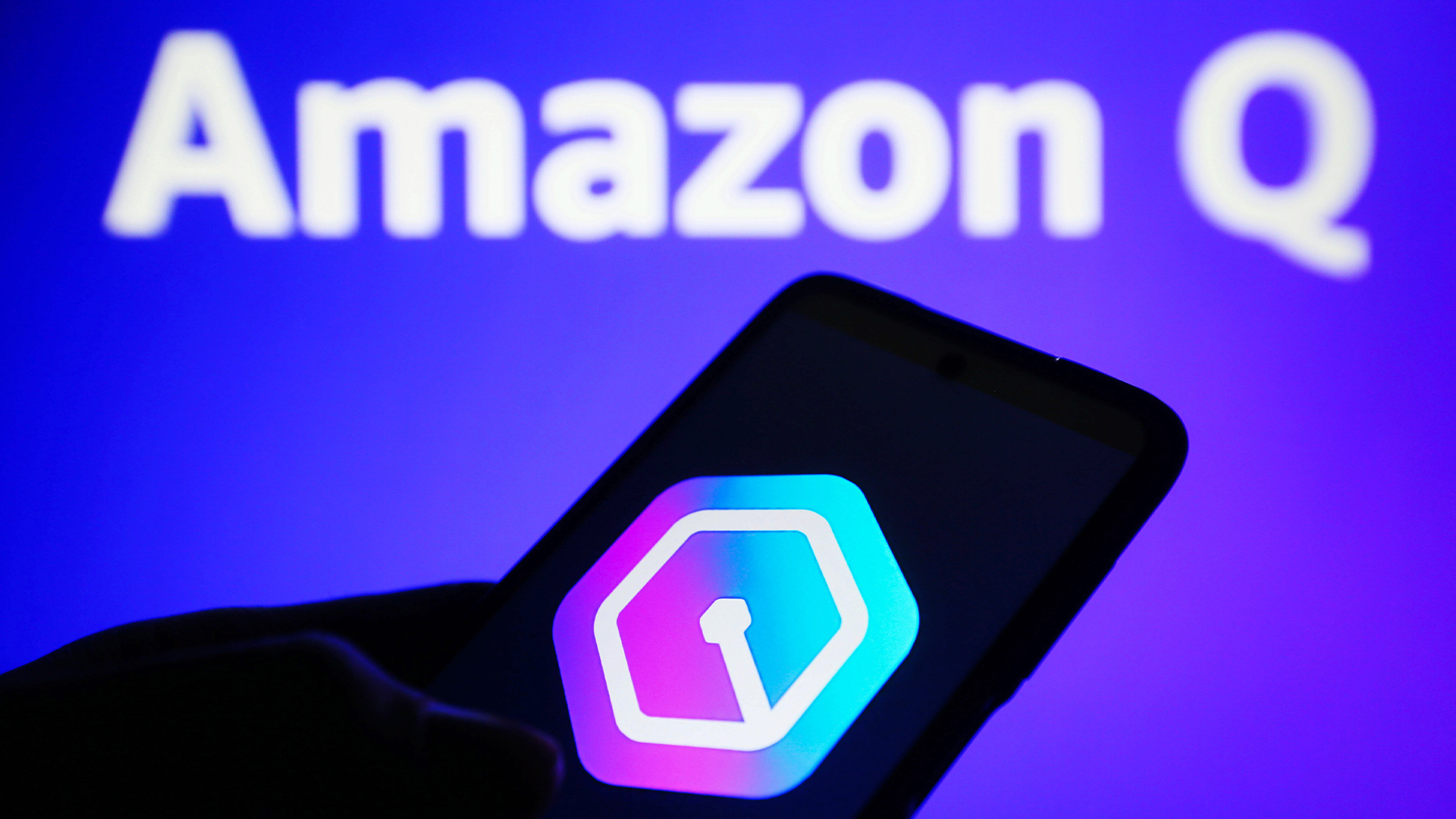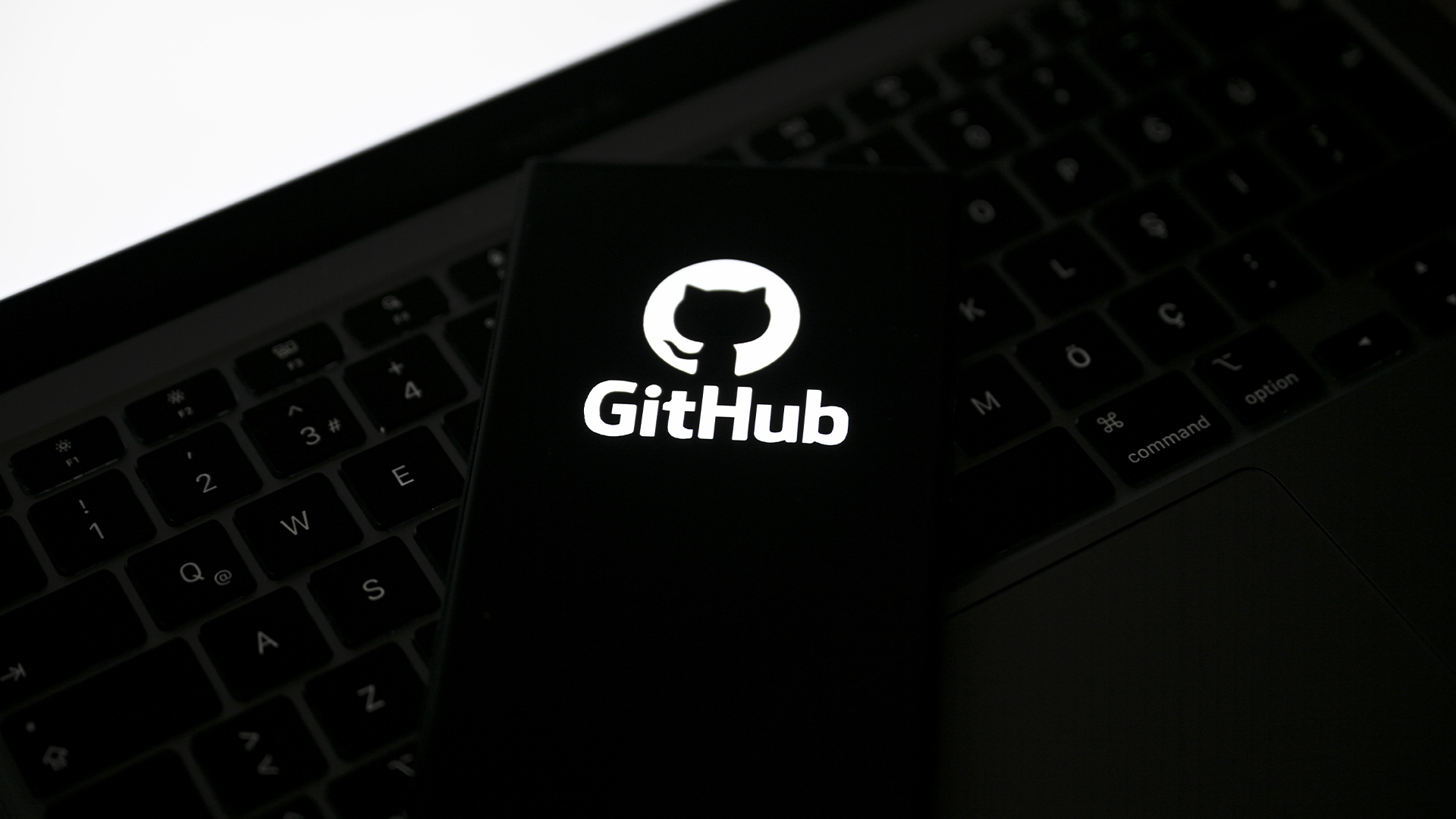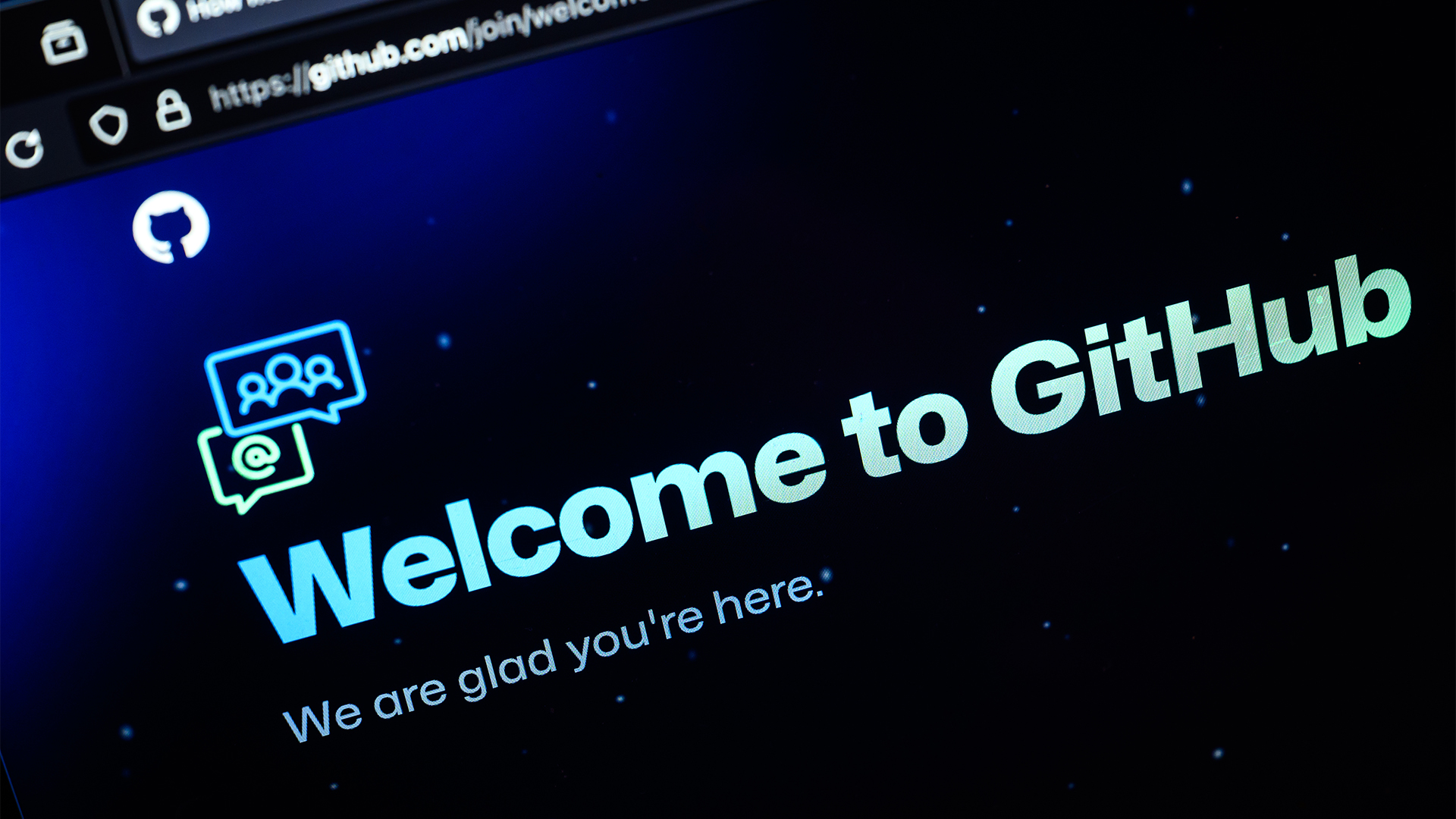Microsoft bought GitHub to rebuild developer trust, says new CEO
Devs won’t be forced to use Microsoft logins, says ex-Xamarin boss

The reason Microsoft bought GitHub is in order to regain the trust of the developer community, the forthcoming CEO has said.
The motive behind the $7.5 billion acquisition was revealed as part of a wide-ranging Reddit AMA by Nat Friedman, the Microsoft executive who has been named as the future CEO of GitHub once the deal closes at the end of the year. Friedman was the co-founder and CEO of app development platform Xamarin until its acquisition by Microsoft, and now holds a position as corporate vice president of developer services at the software giant.
Friedman said that the reason Microsoft believes GitHub is so valuable is that the developer community is quickly expanding, as is the influence devs have on important decisions. This puts GitHub in a good position to grow as a business, he said, but also given Microsoft an excellent way to try and rebuild its somewhat tarnished reputation among developers.
"The biggest upside for Microsoft is to earn the trust of a new generation of developers who have mostly not grown up on Microsoft technologies," he said. Our intent is that in a couple of years, people who use GitHub will see that it is better than it was before we bought it, and that will earn Microsoft the right to be considered for everything else that we do."
Microsoft faces an uphill battle in convincing the developer community that it represents a safe pair of hands to trust with GitHub. Many have expressed concerns regarding the potential for aggressive monetisation, snooping on users' code and forced integrations with Microsoft's other products and services, and some programmers have even begun to migrate to alternative code-hosting platforms such as GitLab or Bitbucket.
While he said he was sad to see them go and hoped they would return, he praised the fact that Git gives devs the flexibility to migrate so easily. He also noted that the small number of users who have migrated or closed their accounts is "extremely small... and more than made up for in new signups" over the past week.
Friedman made efforts to assuage the doubts of the community as part of the session. He stated that Microsoft's prior dismissal of open source - which culminated with then-CEO Steve Ballmer calling Linux "a cancer" - is firmly in the past, and that its prior rejection of the technology was based on "fear". He asked that Microsoft is judged on its recent support of open source, and pointed to the company's acquisitions of Minecraft and LinkedIn as evidence that a company can be bought by Microsoft whilst still retaining its independence.
Get the ITPro daily newsletter
Sign up today and you will receive a free copy of our Future Focus 2025 report - the leading guidance on AI, cybersecurity and other IT challenges as per 700+ senior executives
He also addressed some of the community's more specific concerns. He confirmed that Microsoft would not be pushing GitHub users to log in with a Microsoft account, and said that "if anything, we may decide to add GitHub as a login option to Microsoft". He further stated that users should not expect to see ads appearing in public GitHub project repositories.
In addition, Friedman pledged ongoing and indefinite support for both GitHub's Atom code editor and Microsoft's Visual Studio Code editor - "for as long as there is a healthy community of people who love each of them". He also plans to stick to GitHub's existing roadmap, with investment in improving areas like the platform's internal search functionalities.
One of the more persistent questions has been around how tolerant a Microsoft-owned GitHub would be of morally and legally questionable repositories such as codebases for emulators or anti-firewall tools, but Friedman said that users shouldn't expect any major changes. "GitHub has a policy against illegal and disrespectful content already which we plan to support," he said. "Beyond that, we won't actively moderate content or take responsibility for what people post".
Friedman repeatedly reiterated Microsoft's stated commitment to doing right by GitHub's user-base, and said: "if Microsoft screws this up, we will lose the trust of developers for a generation."
"We bought GitHub because we appreciate how special it is. That's why we have two principles for this acquisition going forward:
"Developers first. We will evaluate every decision through the lens of what is best for developers. This includes GitHub's status as an open platform with open APIs that any developer can use to extend GitHub's functionality. And it includes our commitment that we will support developers on GitHub in their use of any language, any license, any operating system, any device, and any cloud.
"Independence. We are not buying GitHub to turn it into Microsoft; we are buying GitHub because we believe in the importance of developers, and in GitHub's unique role in the developer community. Our goal is to help GitHub be better at being GitHub, and if anything, to help Microsoft be a little more like GitHub."
Adam Shepherd has been a technology journalist since 2015, covering everything from cloud storage and security, to smartphones and servers. Over the course of his career, he’s seen the spread of 5G, the growing ubiquity of wireless devices, and the start of the connected revolution. He’s also been to more trade shows and technology conferences than he cares to count.
Adam is an avid follower of the latest hardware innovations, and he is never happier than when tinkering with complex network configurations, or exploring a new Linux distro. He was also previously a co-host on the ITPro Podcast, where he was often found ranting about his love of strange gadgets, his disdain for Windows Mobile, and everything in between.
You can find Adam tweeting about enterprise technology (or more often bad jokes) @AdamShepherUK.
-
 The Race Is On for Higher Ed to Adapt: Equity in Hyflex Learning
The Race Is On for Higher Ed to Adapt: Equity in Hyflex LearningBy ITPro
-
 Google faces 'first of its kind' class action for search ads overcharging in UK
Google faces 'first of its kind' class action for search ads overcharging in UKNews Google faces a "first of its kind" £5 billion lawsuit in the UK over accusations it has a monopoly in digital advertising that allows it to overcharge customers.
By Nicole Kobie
-
 AWS expands language support for Amazon Q Developer
AWS expands language support for Amazon Q DeveloperNews AWS has expanded support for languages in Amazon Q Developer, making it easier for developers to code in their first language.
By Nicole Kobie
-
 AI was a harbinger of doom for low-code solutions, but peaceful coexistence is possible – developers still love the time savings and simplicity despite the allure of popular AI coding tools
AI was a harbinger of doom for low-code solutions, but peaceful coexistence is possible – developers still love the time savings and simplicity despite the allure of popular AI coding toolsNews The impact of AI coding tools on the low-code market hasn't been quite as disastrous as predicted
By Ross Kelly
-
 ‘We’re trading deep understanding for quick fixes’: Junior software developers lack coding skills because of an overreliance on AI tools – and it could spell trouble for the future of development
‘We’re trading deep understanding for quick fixes’: Junior software developers lack coding skills because of an overreliance on AI tools – and it could spell trouble for the future of developmentNews Junior software developers may lack coding skills because of an overreliance on AI tools, industry experts suggest.
By George Fitzmaurice
-
 Turns out AI isn't that popular at work – just 4% of workers use the technology in the majority of daily tasks, but developers are among the top early adopters
Turns out AI isn't that popular at work – just 4% of workers use the technology in the majority of daily tasks, but developers are among the top early adoptersNews Research from Anthropic shows that while AI adoption is sluggish in most professions, software developers and writers are very keen.
By Nicole Kobie
-
 GitHub's new 'Agent Mode' feature lets AI take the reins for developers
GitHub's new 'Agent Mode' feature lets AI take the reins for developersNews GitHub has unveiled the launch of 'Agent Mode' - a new agentic AI feature aimed at automating developer activities.
By Ross Kelly
-
 Shadow AI is creeping its way into software development – more than half of developers admit to using unauthorized AI tools at work, and it’s putting companies at risk
Shadow AI is creeping its way into software development – more than half of developers admit to using unauthorized AI tools at work, and it’s putting companies at riskNews Enterprises need to create smart AI usage policies that balance the benefits and risks
By Solomon Klappholz
-
 GitHub just launched a new free tier for its Copilot coding assistant – but only for a select group of developers
GitHub just launched a new free tier for its Copilot coding assistant – but only for a select group of developersNews Limited access to GitHub Copilot in VS Code is now available free of charge
By Nicole Kobie
-
 Are ‘ghost engineers’ stunting productivity in software development? Researchers claim nearly 10% of engineers do "virtually nothing" and are a drain on enterprises
Are ‘ghost engineers’ stunting productivity in software development? Researchers claim nearly 10% of engineers do "virtually nothing" and are a drain on enterprisesNews The study used an algorithm to assess the amount of work being done by software engineers at hundreds of firms
By George Fitzmaurice